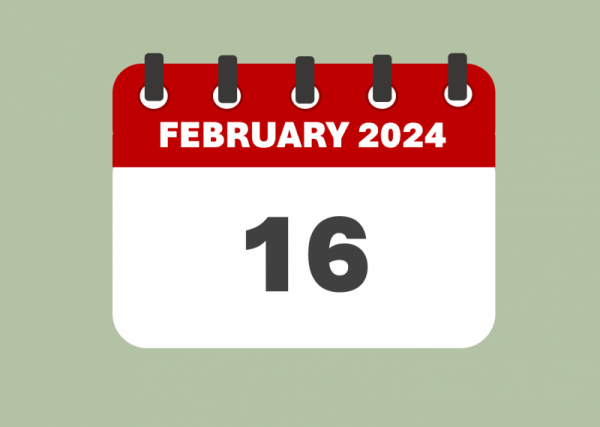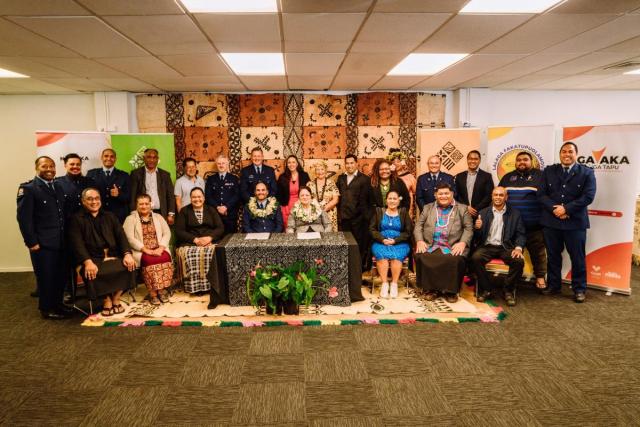NZFVC Weekly Quick Reads: 16 February 2024
Fri 16 Feb 2024
This Quick Reads covers: • NZFVC hosting event on coercive control • Te Ao Mārama Best Practice Framework • Niu Dawn Raids Funding Initiative grants • National Pacific Disability Action Plan • Man Box 2024 findings • Aroturuki Tamariki compliance report

NZFVC Quick Reads: 16 February 2024
Welcome to our new Quick Reads format. Each week we share selected news bites relevant to family violence and sexual violence in Aotearoa. This is a new format and we welcome your feedback. Let us know what you think at info@nzfvc.org.nz. See all past NZFVC Quick reads.
Registration open for NZFVC event on coercive control
The New Zealand Family Violence Clearinghouse (NZFVC) is hosting a panel of experts from Aotearoa and Australia to speak on the topic of coercive control. The in-person panel event, Recognising and responding to coercive control and systemic entrapment, will be taking place on Monday 11 March, 5:30-7pm at Waipapa Taumata Rau, the University of Auckland City Campus. The event will be recorded and made available on our NZFVC website at a later date. More information can be found on our event page.
Best practice guidelines for Te Ao Mārama in courts
The Chief District Court Judge released the Te Ao Mārama Best Practice Framework (2023) for implementing the District Court’s Te Ao Mārama – Enhancing Justice for All initiative. The Framework outlines the foundational elements of Te Ao Mārama and how it will operate in the family, youth and criminal jurisdictions of the District Court. There is information related to court proceedings for Family Violence, Care and Protection and Care of Children.
Applications open for Niu Dawn Raids Funding Initiative grants
Applications have opened for the Niu Dawn Raids Funding Initiative grants. This is an opportunity for Pacific organisations or individuals to undertake large-scale professional artistic and historical work that captures and reflects community experiences of the Dawn Raids. Pasefika Proud notes that the funding is “…intended as a community-led process of healing through art and looks to increase historical resources for future generations and enable a deeper public understanding of the Dawn Raids from the perspective of Pacific communities.” Expressions of interest are due by Thursday 29 February 2024.
Feedback invited on National Pacific Disability Action Plan
Whaikaha – Ministry of Disabled People is developing a National Pacific Disability Plan and wants to hear from Pacific disabled people and their aiga or whānau. They are asking for feedback on how well the system and sector are working and what isn’t working. Whaikaha are organising a series of talanoa around the country between 15-28 February 2024. Get more information and the schedule for the talanoa. There will also be an online survey. For questions contact pacificpeoples@whaikaha.govt.nz.
Man Box 2024 findings from Australia
The Men’s Project has recently published The Man Box 2024: Re-examining what it means to be a man in Australia (2024). The study investigated the attitudes towards manhood and the behaviours of Australian men aged 18-45. Michael Flood, one of the Advisors to the Man Box 2024 research, commented on the study’s results, saying “…that there has been little change in the past five years in young men’s levels of endorsement of male aggression, stoicism, traditional divisions of household work, homophobia, and hypersexuality.” The full report, an executive summary, and several factsheets produced from the report can be accessed on The Man Box 2024 webpage.
Independent Monitor report on agency compliance
Aroturuki Tamariki | Independent Children’s Monitor has released their third report on agency compliance with the National Care Standards Regulations, Experience of Care in Aotearoa 2022/2023 (2024). The report looks at whether agencies with custody and care responsibilities are complying with the Regulations and whether it is making a difference for children and young people in care. Both Chief Children’s Commissioner and VOYCE – Whakarongo Mai have raised concerns about the findings.










